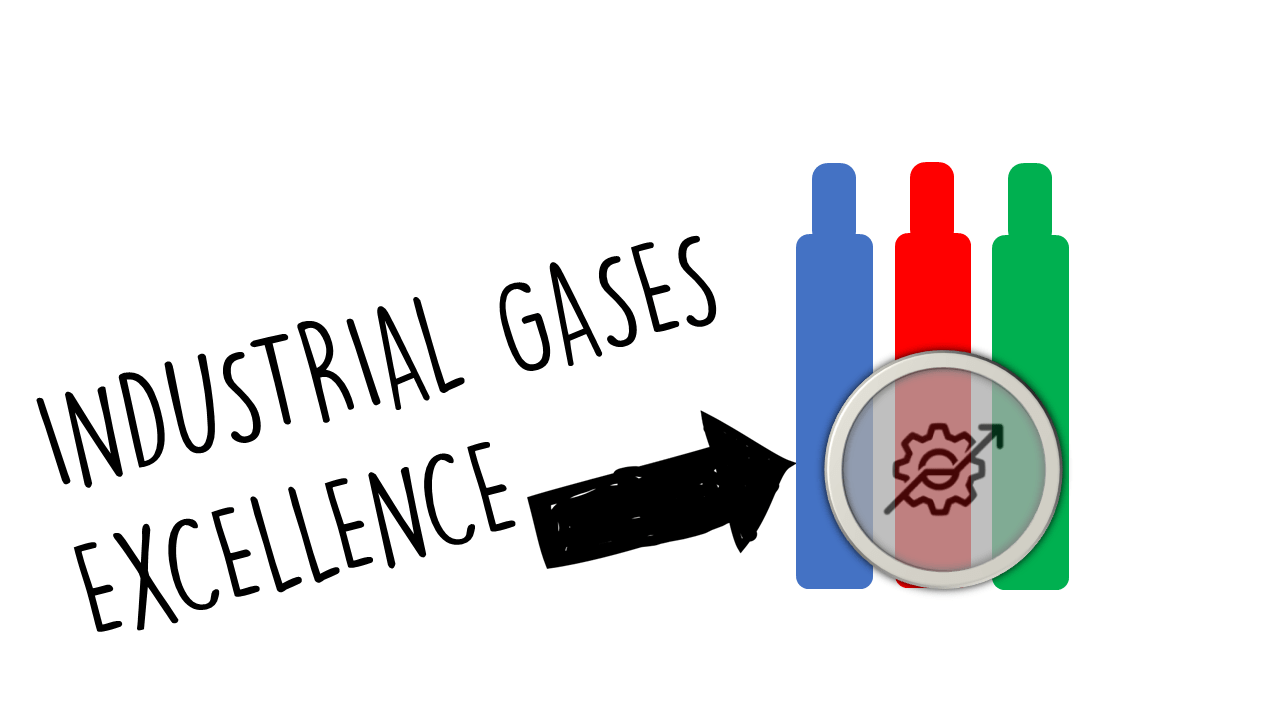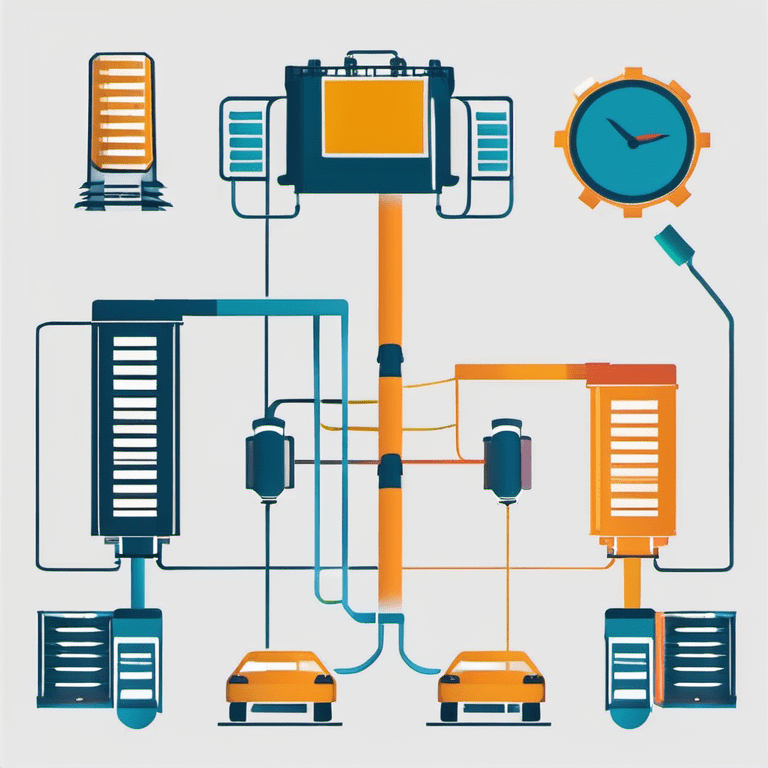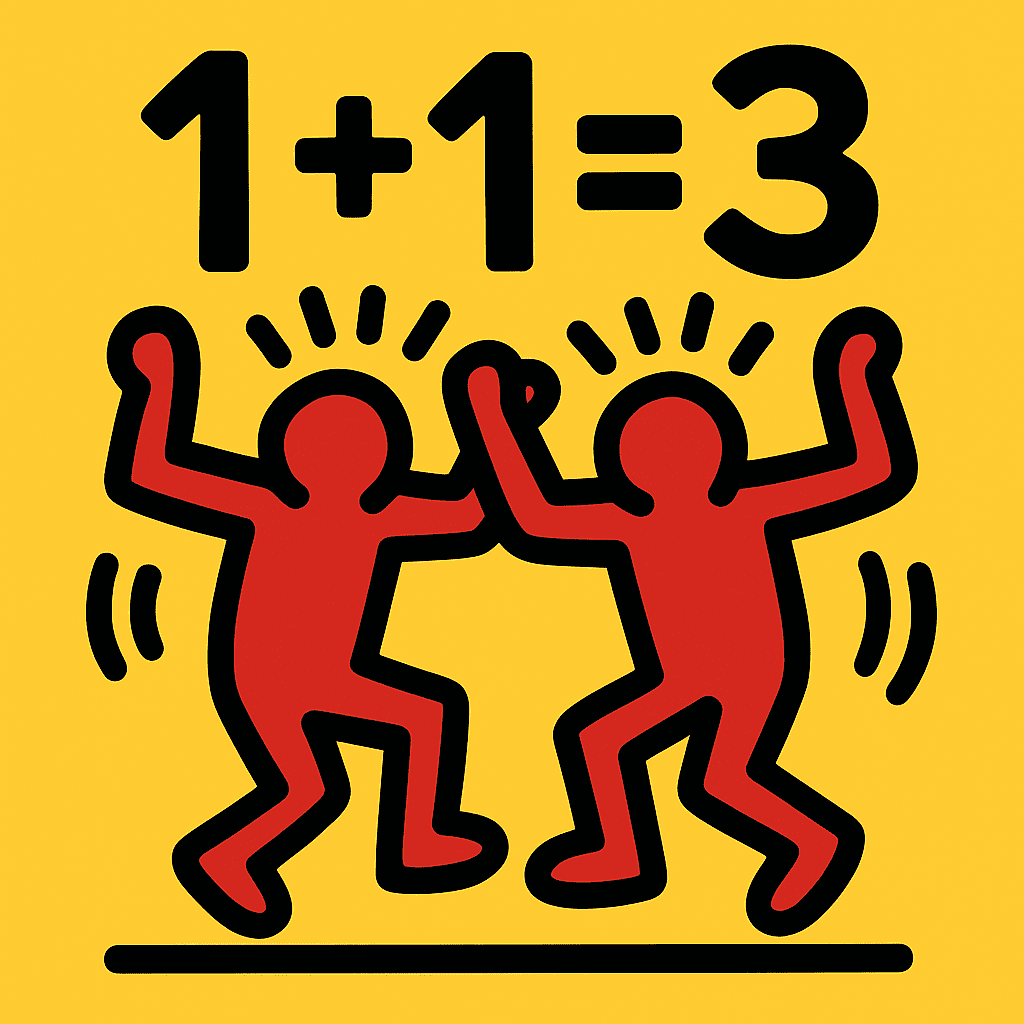The concepts of “Smart Human” and “Digital Zombie” represent two contrasting approaches to the integration of technology and digital life in modern society. Below is a comparison of the two:
Smart Human
Definition: A “Smart Human” is someone who uses technology thoughtfully and effectively to enhance their life, make informed decisions, and maintain a healthy balance between the digital and physical worlds.
Key Features:
- Critical Thinking: Utilizes technology to inform and support decision-making rather than relying on it unquestioningly.
- Digital Literacy: Possesses the skills to navigate the digital landscape, discern credible information, and understand the implications of online actions.
- Engagement: Actively participates in digital communities while maintaining a sense of awareness about the content consumed and produced.
- Balance: Maintains a healthy relationship with technology, ensuring it enhances rather than detracts from real-world interactions and experiences.
- Purposeful Use: Employs technology for specific purposes, such as education, productivity, and social connection, rather than passive consumption.
Benefits:
- Greater understanding of the world through diverse sources of information.
- Enhanced problem-solving and creativity through technology.
- Stronger social connections and community engagement.
Challenges:
- Potential for information overload or distraction even for the tech-savvy.
- Balancing screen time with physical and social activities can be difficult.
Digital Zombie
Definition: A “Digital Zombie” refers to individuals who are overly reliant on technology and digital media to the point of disengagement from reality. This term often describes those who passively consume information without critical thought.
Key Features:
- Mindless Consumption: Engages with technology and media in a passive way, leading to a lack of critical engagement or thought.
- Disconnection: Experiences a diminished capacity for genuine social interactions and physical presence due to excessive focus on screens.
- Information Overload: Bombarded by constant notifications and updates, leading to confusion or apathy towards important issues.
- Addiction to Technology: Exhibits compulsive behaviors, spending excessive time on devices, often at the cost of personal well-being and relationships.
- Lack of Awareness: Often unaware of how technology and media affect their thoughts, beliefs, and behaviors.
Disadvantages:
- Reduced critical thinking and analytical skills.
- Impaired social skills and diminished face-to-face interactions.
- Increased risk of mental health issues, such as anxiety and depression, due to isolation or unrealistic comparisons on social media.
Conclusion
The dichotomy between Smart Human and Digital Zombie highlights the importance of conscious engagement with technology.
While a Smart Human embodies an active, critical, and balanced use of digital tools, a Digital Zombie represents a cautionary tale of passivity, disconnection, and dependency on technology.
Summary Points
Smart Human:
- Employs critical thinking and digital literacy to enhance life.
- Engages purposefully with technology while prioritizing real-world relationships.
- Benefits include informed decision-making and social connection, with challenges like information overload.
Digital Zombie:
- Characterized by passive consumption and disconnection from reality.
- Engages in compulsive technology use, leading to impaired social skills and awareness.
- Disadvantages include mental health challenges and a lack of critical engagement.
Finding a balance between these two approaches can help individuals make the most of technology without losing sight of the importance of genuine human connection and critical thought.





